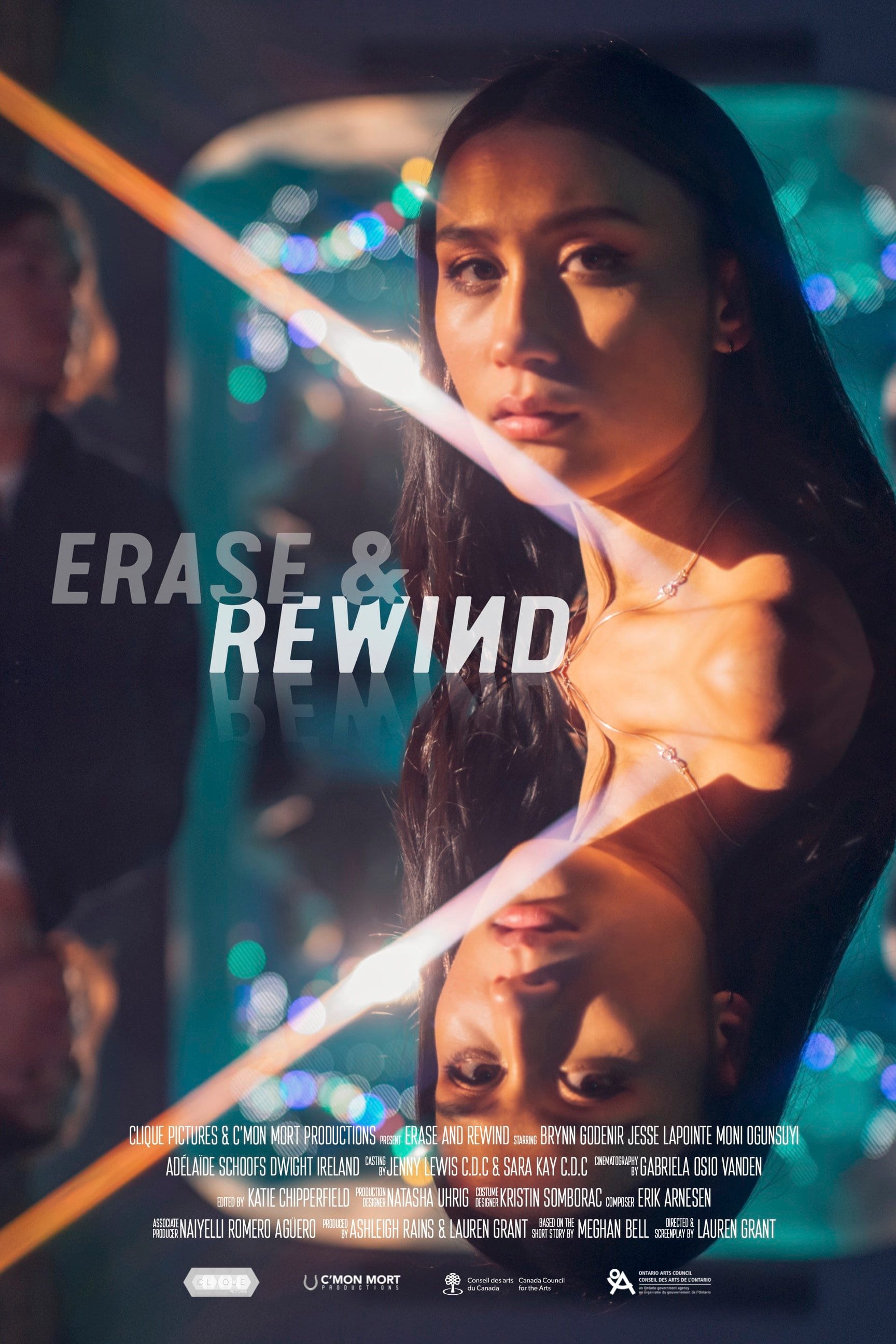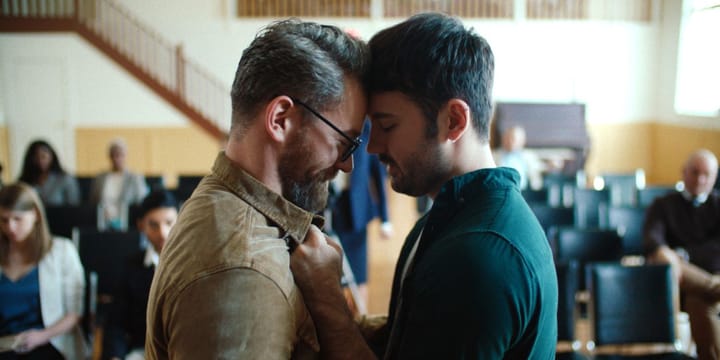A young woman turns back time to delete the memory of an unwanted sexual encounter in Erase & Rewind. We catch up with director Lauren Grant ahead of the film’s world premiere at this year’s Canadian Film Festival.
Erase & Rewind tells the story of a college student (Brynn Godenir) who discovers she can rewind time and, in doing so, hopes to erase the memory of a sexual assault she experiences after becoming romantically involved with one of her classmates (played by Jesse LaPointe).
In the process, the film confronts some complicated questions around the nature of trauma and consent and the difficulties of speaking out.
Toronto-based director Lauren Grant says she was drawn to the story by the opportunity to shed light on the female experience and a topic that is often silenced in public discussion.
“I didn’t want to make the bad-stranger-jumps-out-of-the-bushes-and-assaults-someone movie,” Grant says. “Instead, the heart of this film plays in the gray area of, what happened? Is she remembering it right? Those questions are often why people don’t report and so it becomes a story of self-preservation.”
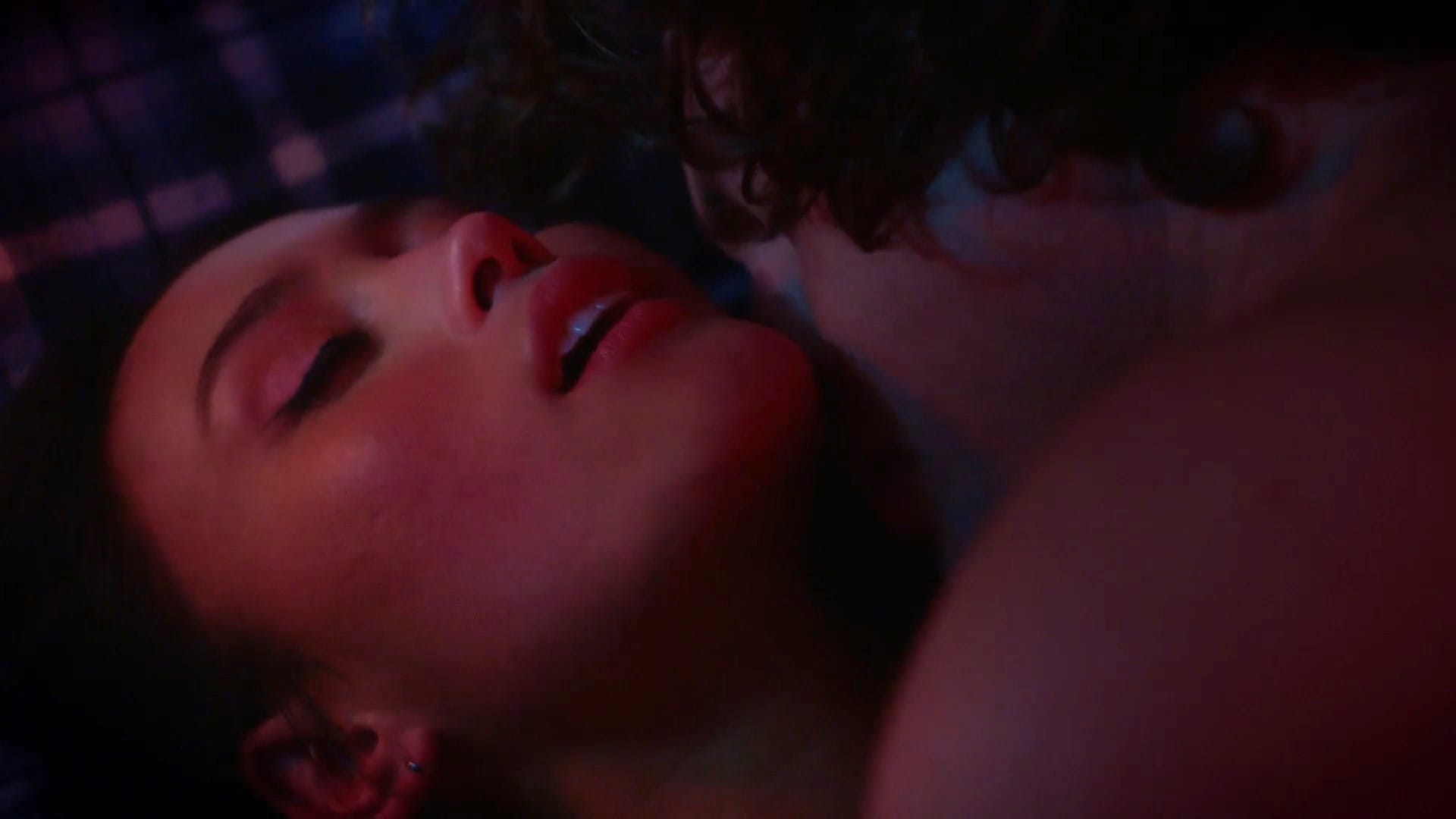
Erase & Rewind was adapted from a short story of the same name by author Meghan Bell. In addition to being hooked by the visual nature and intricate structure of Bell’s writing, Grant says she instantly recognized the potential it had to work on the screen.
“What I liked about the short story and what I’ve tried to convey in the film is how in trauma our memory can trick us. The main character wonders if she made a mistake, if she led [her attacker] on,” Grant says. “Those things were super important to me to show because [they’re] the things that make the quote-unquote perfect victim not work.”
“It’s a drama with a bit of sci-fi because she can rewind time, but everything else is normal.”
Told largely in reverse, the narrative challenged Grant and her team to “approach it as a math problem,” where shots had to be designed forward with the idea that they would play backward.
“The style was so embedded in the story that I thought there was an interesting way to play with it,” she says. “It’s a drama with a bit of sci-fi because she can rewind time, but everything else is normal.”
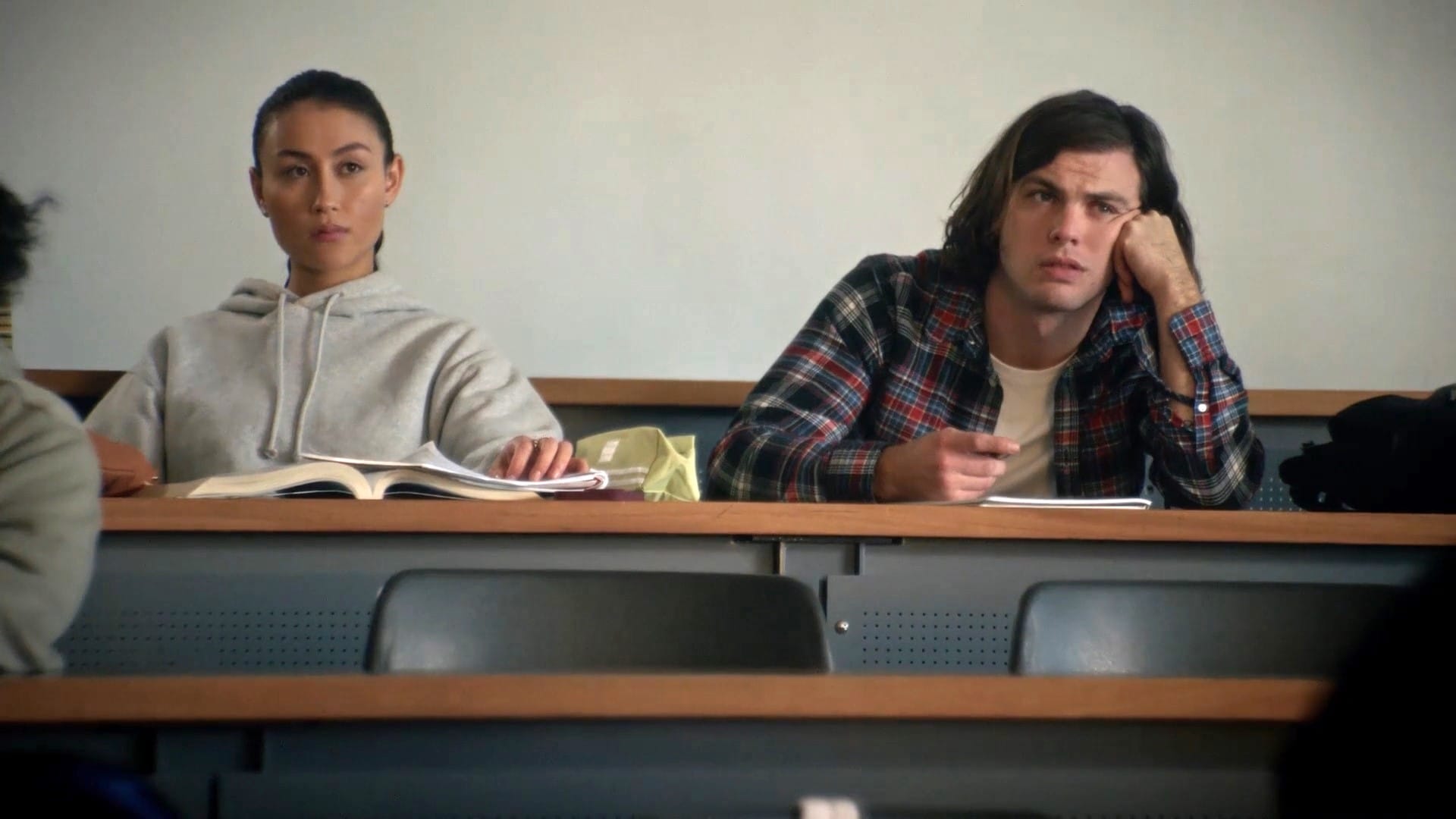
When it came to shooting the film’s sexual assault scene, Grant and her co-producer Ashleigh Rains brought in an intimacy coordinator to work with Godenir and LaPointe to ensure that the production created a supportive space for the actors to navigate the emotional intensity of the moment.
“We talked about what I wanted to see, about comfort level. We tried to make sure all that stuff was communicated every step of the way,” she says, adding that, “The assault is choreographed in a way that still made it hard to film, but definitely much easier than in the days before we had [the intimacy coordinator] on set.”
“We talked about what I wanted to see, about comfort level. We tried to make sure all that stuff was communicated every step of the way.”
Unsurprisingly, Grant says that the key to ensuring the production had the best possible chance to succeed in the end was, of course, preparation.
“[You can] talk about happy accidents and the idea that beautiful things can happen on set, you have to be open to that,” she says. “But, you have to be prepped enough to know your story – that North Star of your film – so that the happy accidents are adding to what you’re doing versus something that throws you off.”
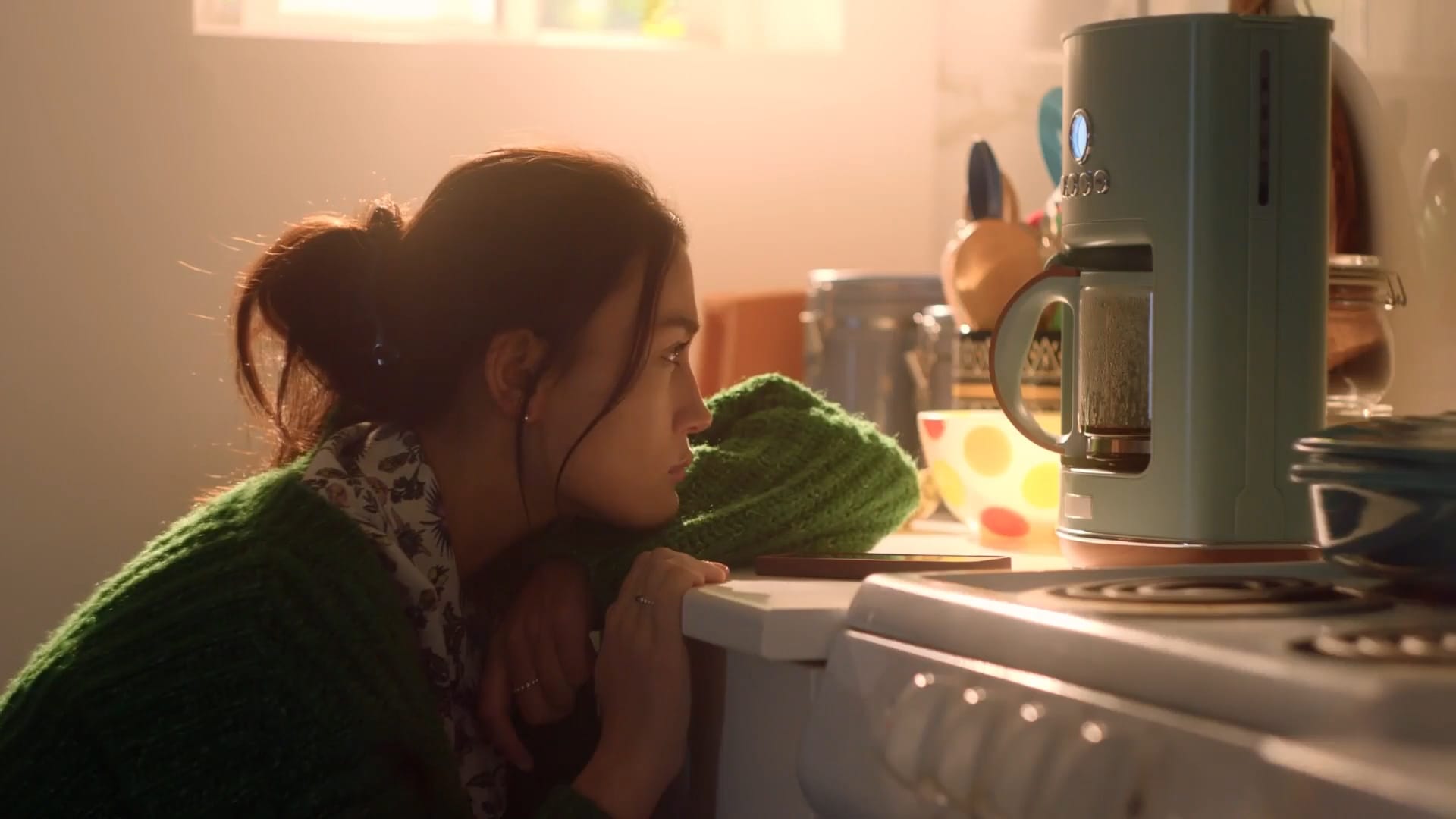
Erase & Rewind will make its world premiere as part of the Homegrown Shorts section at the Canadian Film Festival in Toronto this month. Grant admits that she is both nervous and excited to watch it with an audience in the community where she lives.
“If I’ve done my job well, people may see themselves in these characters and see themselves in a hard story,” she says. “To me, the success of the film is people feeling seen in the work, but at the same time, because of what the work is about, it’s a lot to hold, so I feel the double edge of it all.”
Ultimately, she says she hopes the film can help draw attention to a very serious issue and continue to move the conversation around consent forward.
“All women have had the experience of being in uncomfortable situations and being in places they don’t want to be, so for people who are survivors, I hope they feel I’ve done the story justice,” she says. “I also hope it starts that conversation over what consent looks like and how it isn’t a given. It’s a lofty goal, I realize, but it’s important.”
For more about Erase & Rewind, follow Clique Pictures and Lauren Grant on Instagram here (@cliquepictures) or C’mon Mort Productions here (@cmonmort).
